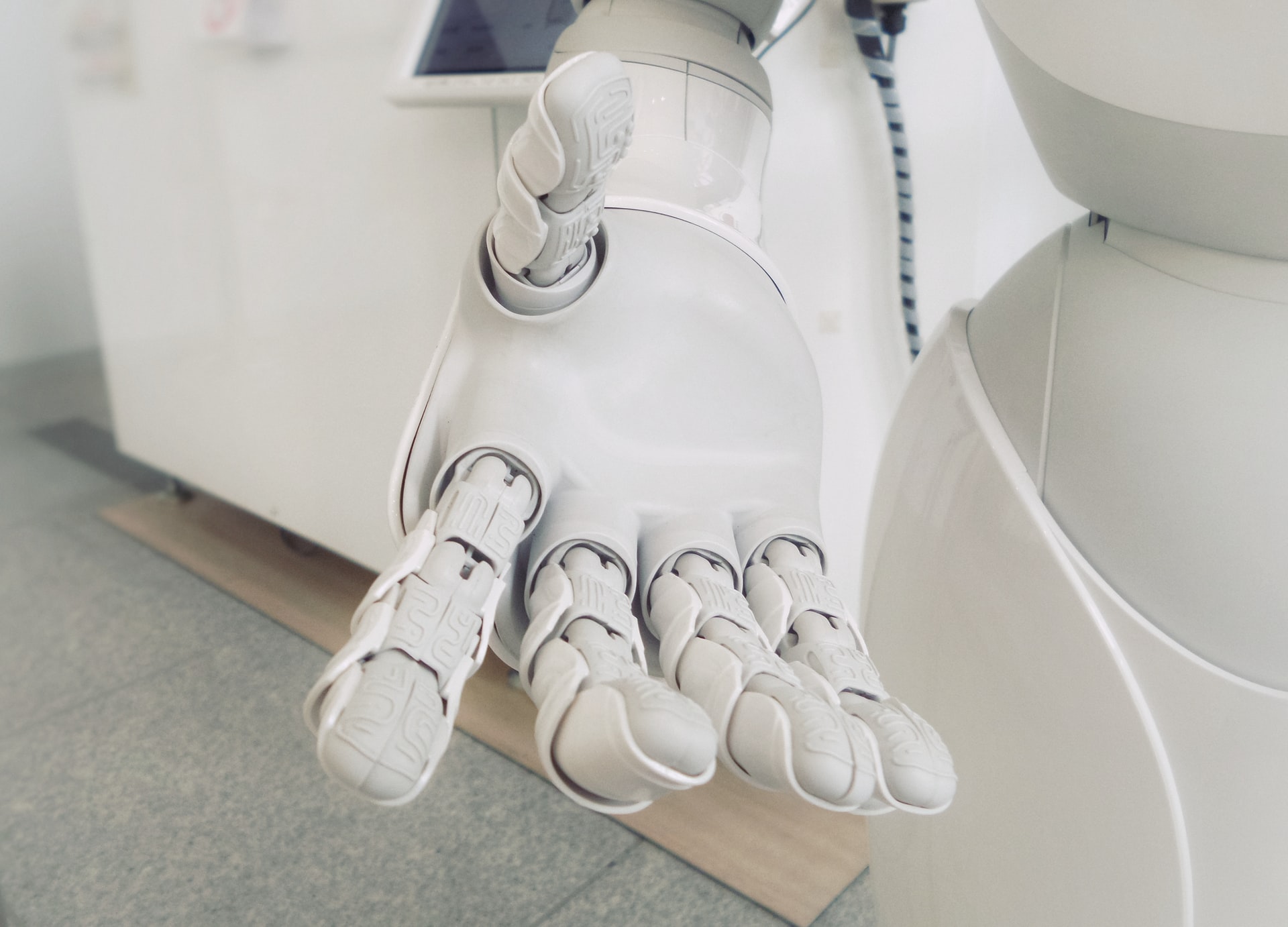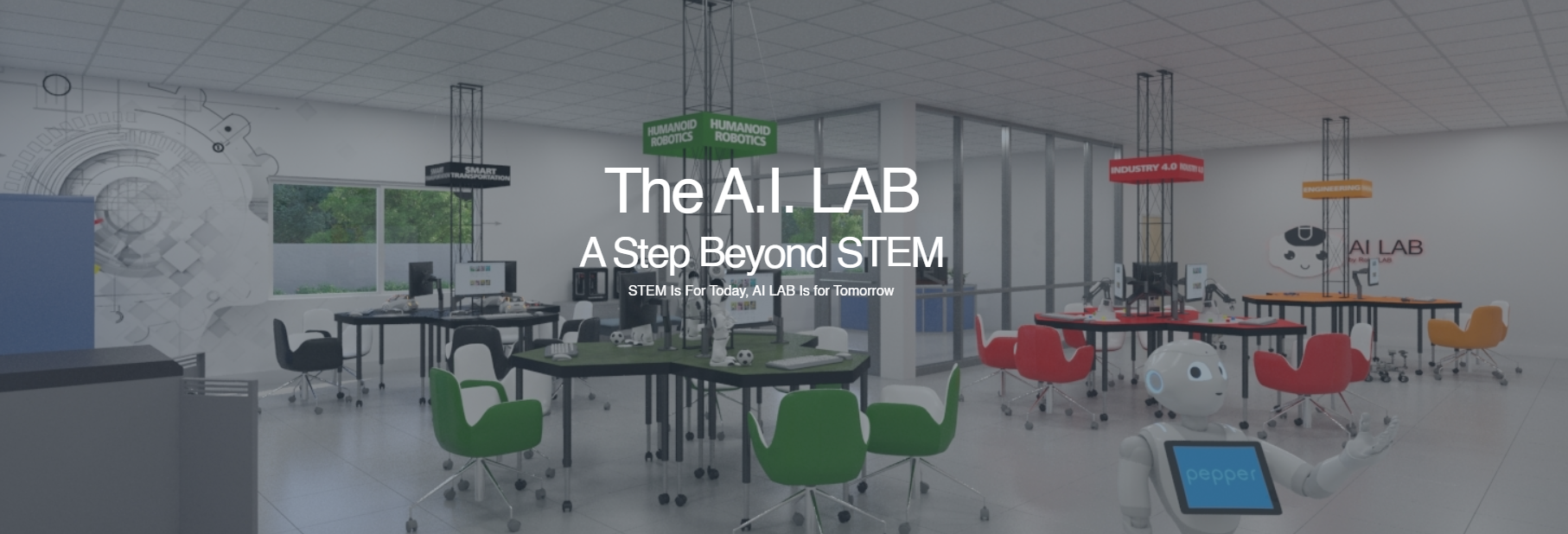 Photo by Possessed Photography on Unsplash
Photo by Possessed Photography on Unsplash
Educators are using AI tools to assess students' skills and weaknesses, and students are benefiting from peer-to-peer learning and customized study guides. Here's a closer look at how some companies are developing artificial intelligence programs to improve education.
Nothing seemed suspect when Jill Watson, a teaching assistant at the Georgia Institute of Technology (Georgia Tech), emailed students about assignments and answered questions during Professor Ashok Goel’s online knowledge-based artificial intelligence course. In fact, it wasn’t until the end of the semester that the students realized they hadn’t been emailing a human at all — they’d been corresponding with a chatbot.
Goel had built an artificially intelligent teaching assistant that could answer routine questions so that he and the human teaching assistants could focus on responding to more complex issues, Business Insider reports.
And he isn’t the only person using artificial intelligence to improve education. The teams at companies including Thinkster Math, Brainly, Content Technologies Inc., and Gradescope are creating artificial intelligence tools to aid students and educators. Educators are using AI tools to assess students’ skills and weaknesses, create customized learning materials, and take time-consuming tasks like grading more efficiently and effectively. Artificial intelligence is benefiting students by facilitating peer-to-peer learning and enabling them to create customized textbooks and study guides. Here’s a closer look at how some companies are developing artificial intelligence programs to improve education.
1. Assessing and Addressing Students’ Skills and Weaknesses
Thinkster Math uses artificial intelligence and machine learning to track the steps students take while solving math problems. Students solve problems on the app, and it produces detailed progress reports specifying their understanding of the different skills tested, such as order of operations or long division. Thinkster Math matches students with online math tutors who personalize their learning programs based on the students’ strengths and weaknesses, but it is also used in the classroom.
Educators use Thinkster Math to determine how students learn and comprehend math concepts so they don’t fall behind. The app enables them to quickly diagnose each student’s weaknesses without having to review a large stack of tests and assignments, leaving them more time to create individualized assignments that target specific skill sets.
2. Empowering Students with Crowdsourced Learning
Brainly isn’t used in the classroom. Rather, the online messaging board facilitates peer-to-peer learning by making it easy for students to ask questions, connect with “friends,” and have their questions answered by other students.
Brainly moderators verify questions and answers on the platform to make sure they’re high-quality. The company also developed machine learning algorithms that automatically filter out spam and low-quality content, such as incorrect answers, so that moderators have more time to focus on helping students navigate the site, The Next Web reports.
Additionally, Brainly partnered with Professor Chirag Shah and Rutgers University to use machine learning to match students based on their skill sets. A student who has successfully answered advanced American history questions, for example, could be matched with a student who has questions about American history coursework. “We start off by determining a new user’s learning level by offering them easier questions to answer. Then we connect them with other, more established Brainly users who can mentor them, and then we gradually move them forward … We’re looking to spark interest and endow confidence for students who may lack interest or support,” Professor Shah said on Brainly’s blog.
3. Creating Customized Learning Materials
Content Technologies Inc. (CTI), an artificial intelligence research and development company, develops AI that creates customized educational content. Using deep learning to absorb and analyze existing course materials, textbooks, and syllabi, the technology creates custom learning materials, including textbooks, chapter summaries, and multiple-choice tests, PCMag reports.
CTI has two additional tools: Cram101 and JustTheFacts101. Cram101 uses AI to break down existing textbooks into nuggets of information and generates study guides with chapter summaries, practice tests, and even flashcards. Similarly, JustTheFacts101 highlights pertinent information from the textbook and builds chapter summaries. These tools save time on some of the more menial study tasks — like making a mountainous stack of flashcards — so students have more time to focus on comprehending concepts.
4. Decreasing Time Spent Grading
Gradescope makes grading tests and assignments a lot speedier for secondary school and higher education instructors. Students upload assignments to the Gradescope platform, and its AI capability sorts and groups answers to check multiple assignments at once. According to Gradescope, its use of AI decreases time spent grading by 70 percent or more.
Additionally, the software provides instructors with a detailed analysis of what their students got right and wrong so they can provide individualized tutoring to each student or re-teach entire concepts.
In conversations about artificial intelligence, concerns often arise about its impact on human employees. One commonality between each of these educational tools, however, is that they are used to provide value to teachers and tutors, rather than taking their place. “The way I think about it, there are seven billion people on this earth, and about half of them don’t have access to good education,” Professor Goel said in a conversation with Quartz. “If we can take artificial intelligence and provide those people with minimal question answering, who knows what a difference it could make in someone’s life?”
Discover more about Artificial Intelligence with RobotLAB Inc

The AI LAB is a turnkey, state-of-the-art modular learning space designed to enable students' rotation between the AI Stations. Each configuration includes more than 1,000 instructional hours and provides learners with practical hands-on activities.
Click below and learn more!


